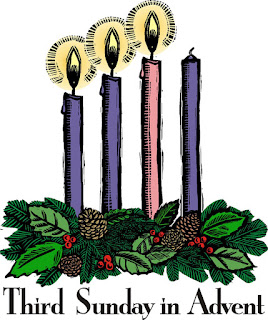Christmas 1- Jesus increased in wisdom and in years

1 Samuel 2:18-20, 26; Psalm 148; Colossians 3:12-17; Luke 2:41-52 We read in our Gospel lesson that Jesus “increased in wisdom and in years”. He sits in the temple among the teachers and is asking questions and giving answers. Long after the holiday celebrations have ended Jesus is still in the temple listening to the elders and asking questions. I like the way the Temple is described here. It seems like it is open at all hours, day and night. If he was gone for three days, he probably slept I the temple courts, and that doesn’t seem to be unusual. People are constantly teaching and praying, and this young boy was welcomed among them to participate and was well taken care of. … Jesus is participating in learning the ways of his people. There was development in Jesus. He learned. His character developed. Jesus is at about the age when modern Jewish boys have their Bar Mitzvah. It is a time when they are considered to make a transition from boyhood to manhood. Boys were considered to







